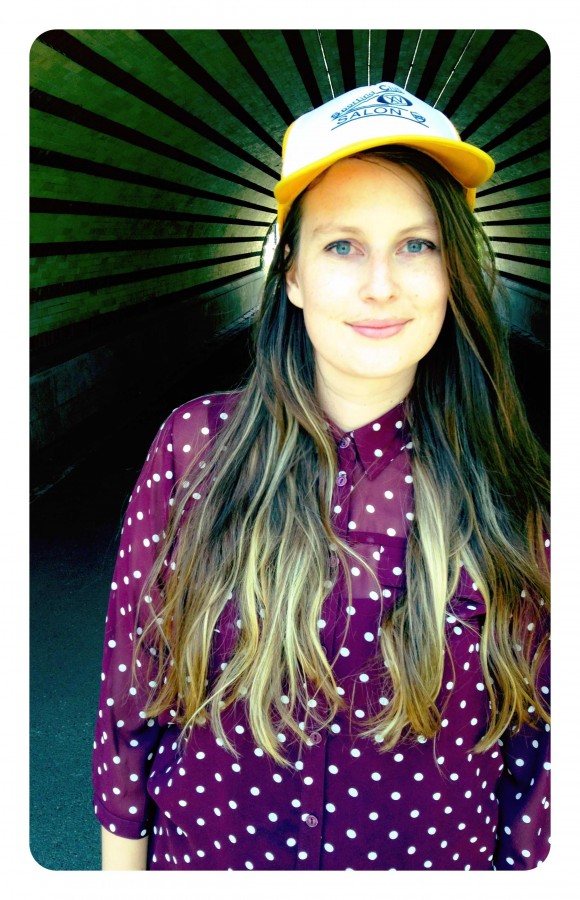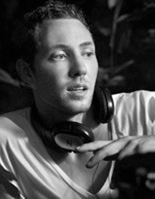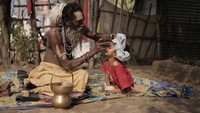I AM ELEVEN filmmaker Genevieve Bailey will participate in Q&A’s at the Royal after the 7:50 PM screenings Friday-Sunday, September 19-21 and after the 1 PM screenings on Saturday and Sunday. If the Playhouse 7 is your theater, Ms. Bailey will be there for Q&A’s after the 4:20 PM screenings on Saturday and Sunday.








